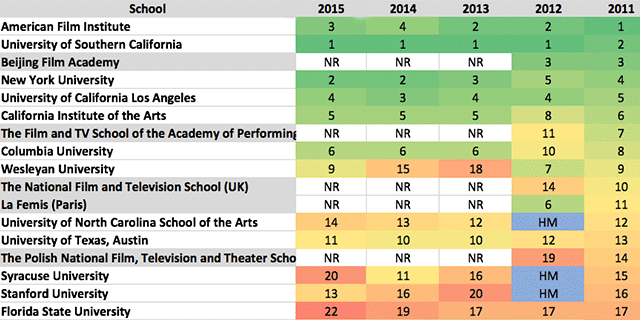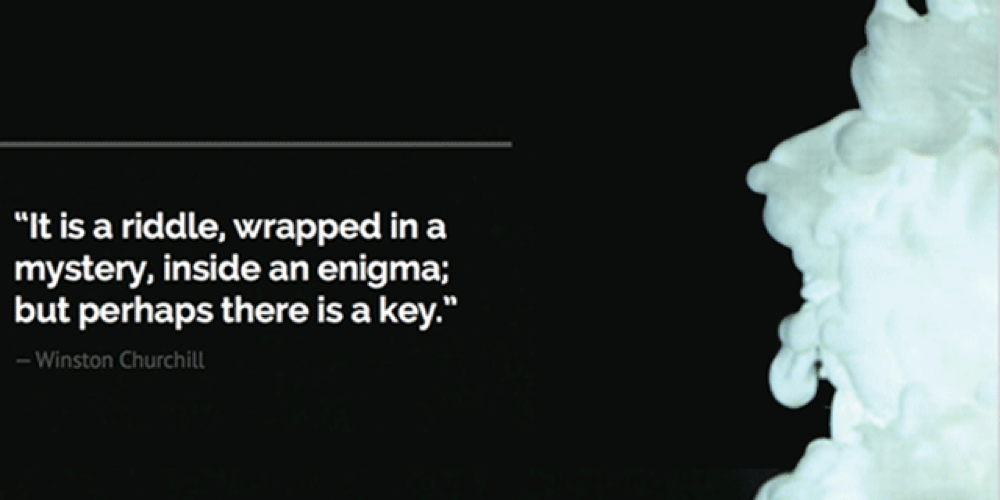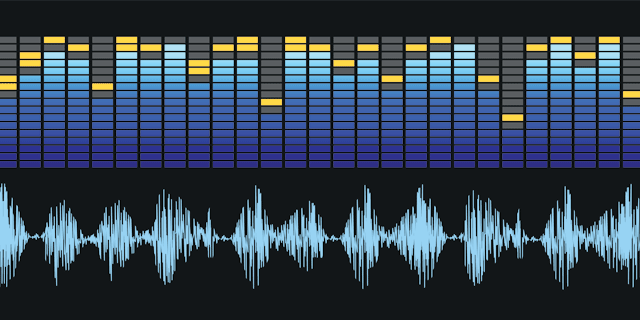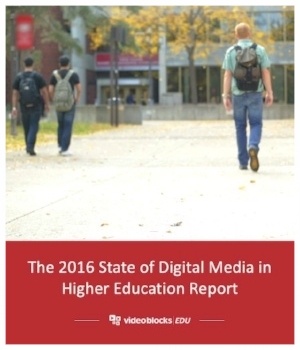Open Educational Resources are often touted by educators and Open Resource advocates as the solution to the multimedia and digital literacy gap in the classroom. Yet, almost fifteen years after OER were first introduced, what they are and how schools and teachers can access them remains as hazy as ever. To help cut through the confusion, we’ve examined both the benefits and drawbacks of using OER, and we offer one solution to the challenges that they present.
Topics: OER, Open Educational Resources
Recently, we investigated the data behind The Hollywood Reporter’s yearly film school rankings, exploring what it took for cinema programs to be “the best.” As we mentioned then, one of the first things noticeable about THR’s lists was the switch from including international schools in its lineups to focusing only on schools within the United States. As a result, a number of important and impactful programs around the world have seemingly disappeared from the trade magazine’s notice—many of them more selective and innovative than U.S. schools. To make up for this, we’ve compiled a rundown of some of the best international film schools.
Topics: Film School, Film School Rankings, International Film Schools
Academic Fair Use Guidelines: Who, What, When, Where, and Why
Over the last ten years, there have been reports of the publishing industry cracking down on professors who make copyrighted work available to students, a practice they estimate costs them nearly $20 million a year. As James O’Neil with Bloomberg News put it, “The conflict stems from the interpretation of ‘fair use.’” Considering how difficult fair use is to interpret and how technology has opened the door to presentations and projects using multiple medias, this conflict has started to affect a lot more than just textbooks.
The 2016 State of Digital Media in Higher Education [Survey]
VideoBlocks EDU, the premier provider of royalty-free digital media for higher education, today announced the launch of its market research survey: The 2016 State of Digital Media in Higher Education to further advance its mission of delivering creative freedom to U.S. and international college campuses while encouraging the ethical use of digital content.
Topics: News, Digital Media, VideoBlocksEdu
Understanding Digital Literacy & Why We Need Media in the Classroom
What exactly do we mean when we use the phrase “digital literacy”—is it a skill that can be taught, a set of tools to be used, or an educational framework for engaging students?
Topics: Digital Literacy, Digital Media
Recently, we took a look at the rankings for top film schools in the U.S. Yet, just because students go to a great film school doesn’t mean they’ll always end up with the best professors. We’ve used these students’ own reviews on RateMyProfessor.com to find out the five best and worst traits in film schools instructors.
Topics: Student Filmmakers, Film School
From film schools to Communications & Journalism programs, the need for digital literacy and classrooms equipped with multimedia is clear. Digital-storytelling exponentially increases the level of student engagement, and there are a number of scholastic fields, including Education or Composition & Rhetoric, that benefit from including media skills in their curriculums.
Topics: Digital Backpack, AudioBlocks, GraphicStock, VideoBlocks
The Cone of Experience Myth and Promise of Multimodal Learning
While most people have learned to guard themselves against believing everything they read on the internet, it is still all too common to see figures, charts, and quotes that are inaccurate or simply not true. We usually find misleading memes or articles on our own social media feeds, but copy and paste has made it easy for false ideas to appear anywhere. Even in industries made up of intelligent, critically minded people, such as education.
Topics: Multimodal Learning, Cone of Experience
How Film Schools (And Their Students) Benefit from Stock Audio
When people talk about film school and screen craft, it can often seem as though we only focus on what audiences see: lighting, visual editing, production design, or mise-en-scène. Yet sound is just as vital to artful filmmaking, as well as an important pillar of a film student’s education.
Topics: Film School, Stock Audio
True Stories and Technology: The Rise of Documentary Journalism
Across multiple mediums and with increasing popularity, filmmakers have started to blur the line between journalism and documentaries. Some of the most well-received and popular productions of last year turned traditional investigations into documentaries with significant emotional and stylistic punch. HBO’s The Jinx, Going Clear, and Netflix’s Making a Murderer have not only made an impact on the public but also have unearthed new facts and even reopened legal investigations. This year’s Sundance entry Citizenfour from Laura Poitras, in which she documents her own journalism on Edward Snowden, prompted a panel discussion with a great question for the future of media: what really separates documentaries from journalism?
Topics: Film Education, Documentary, Journalism



![The 2016 State of Digital Media in Higher Education [Survey]](https://blog.enterprise.storyblocks.com/hubfs/Blog_Images/Blog_Post_Lead_Image_V1_02.04.16.jpg)






